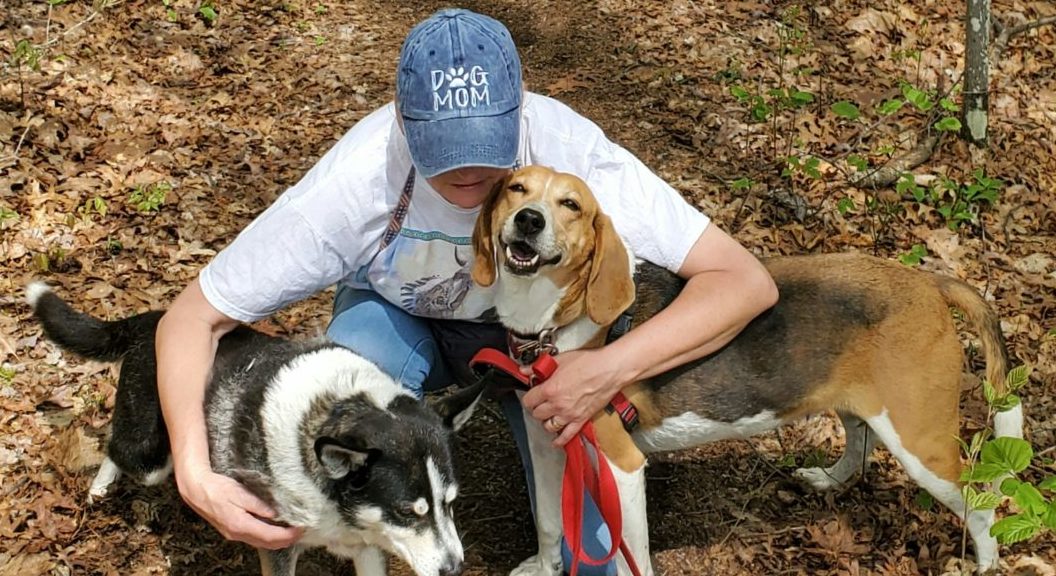This post first appeared on Care2.com.
In the more than 20 years that I’ve been writing about pet and animal welfare issues, I’ve heard from numerous people who were disappointed with their experience at local animal shelters. The Humane Society of the United States (HSUS) also hears from potential adopters frustrated at being denied the opportunity to provide loving homes to animals in need. They complain about rude treatment by staff at their local shelters and frustration when calls and e-mails to shelters aren’t returned.
It’s true that shelter staff and volunteers see terrible abuse of animals and they are understandably concerned about placing these pets back into bad homes. However, leading animal welfare organizations say this concern can lead to being overprotective and going overboard when it comes to regulating, requiring and screening. This results in potential adopters turning to less humane options to find an animal companion. There’s a movement within the animal welfare community that’s finding a middle ground with the realization that “a home that’s good if not perfect will be better for pets than an animal shelter.”
The “Adopters Welcome” manual and webinar series produced by the HSUS were designed to help shelters maximize adoptions by embracing members of the community and encouraging them to adopt while helping them succeed as pet owners. In addition, the ASPCA’s “Smile! You’re Saving Lives” webinar focuses on providing a positive service to clients in the interest of building great relationships and saving more lives. A growing body of research is suggesting that “open adoptions” done with less intrusive methods of pet adopter matchmaking are just as effective as, and in some cases even more successful than, those requiring potential adopters to jump through a lot of hoops.
So, what does an open adoption policy look like?
Open adoptions provide shelters with the opportunity to educate rather than judge potential adopters. The focus is on building partnerships and lifelong relationships, following up on adoptions and being a resource for families who adopt. When the Dakin Humane Society, with shelters in Springfield and Leverett, MA, launched its Open Adoption policy more than six years ago, it created a “culture of understanding and respect” for the human customers, coworkers and volunteers who come to the shelter. At Dakin communication with potential adopters is congenial and collaborative rather than bureaucratic and rule-bound.
 Dakin Humane Society adapted an Open Adoption policy more than six years ago.
Dakin Humane Society adapted an Open Adoption policy more than six years ago.
Jill Monson, who adopted a cat, E.J. (Elvis Jack), from Dakin, was impressed at the shelter’s friendly and supportive environment. Because E.J. is an FIV (feline immunodeficiency virus) positive cat, Dakin staff made sure that Monson was educated about the virus and understood any special care that E.J. might need. “The adoption experience was very easy in the sense of not having to jump through hoops,” Monson said. “But at the same time, I really like that the animals come first. You can’t just walk in off of the street and walk out with a dog or cat. The staff wants to make sure the pet is safe.”
 Jill Monson and her wife Jennifer Monson-Bishop bonding with E.J. at Dakin Humane Society.
Jill Monson and her wife Jennifer Monson-Bishop bonding with E.J. at Dakin Humane Society.
A community supported animal welfare organization, Dakin provides shelter, medical care, spay/neuter services, and behavioral rehabilitation for more than 20,000 animals each year. Since it launched the Open Adoption program the number of pets being returned to the shelter has dropped. In addition, the organization enjoys a stronger bond with adopters who are quick to reach out to the shelter staff for help and advice.
Just three weeks after adopting E.J., he escaped through a door accidentally left open by visitors. Monson didn’t hesitate to reach out to Dakin for help and the shelter staff jumped into action. They put out alerts and loaned her a Have-a-Heart trap with instructions on how to use it. Three days later E.J. was trapped and back in the safety of his new home. Providing ongoing support and maintaining good relationships with adopters and the community is all part of an Open Adoption policy.
Removing Barriers Between Potential Adopters and Shelter Animals
“We believe that people are good and will make good decisions for animals when they are treated with kindness and understanding and when they have enough information and resources,” said Dakin Humane Society Executive Director Carmine DiCenso.
DiCenso believes that if the shelter community starts from a perspective that people are coming to the shelter with the best intentions they will have a much better success rate of finding life-long matches. This approach also removes barriers between people trying to find an animal and shelter animals in need of homes.
“We found with extensive applications and yes/no answers as part of the screening process, we were missing the opportunity to have meaningful conversations,” DiCenso said. “That traditional method also makes it more challenging for people to come to the shelter and have a good experience.”
At Dakin, every time someone walks through the door to adopt an animal, there’s cause for celebration.
“There are lots of places to get animals – in fact, shelters are about the fourth or fifth choice,” DiCenso said. “So our mentality is that when people walk through the door at Dakin, they are making a choice to adopt an animal and they immediately get credits and points for making that decision.”
